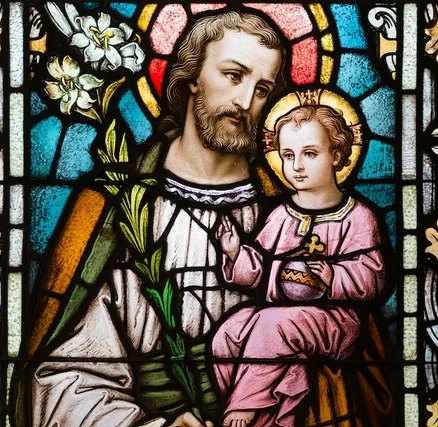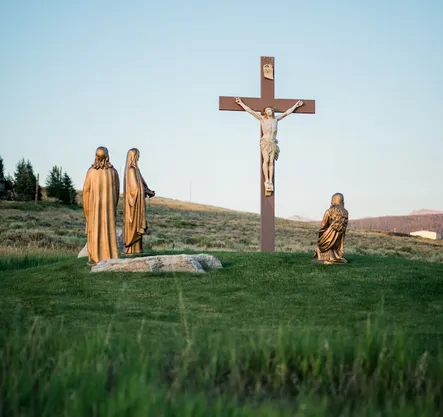The world of Christianity is a vast and varied one, and it can often be confusing to understand why there are so many different Christian denominations.
From Catholics to Protestants to the Eastern Orthodox Church – the world’s largest religion has no shortage of different denominations!
The answer to this question lies in the history and development of the Christian faith over the past 2000 years. This is explored in this article.

What is a denomination?
A denomination is a specific area of Christianity. Most denominations are found within Protestant Christianity.
For example, within Protestantism, there are huge numbers of denominations. Some of the best-known include Anglicans, Baptists, Pentecostal and Methodism among other areas.
For more, you can see a list of the 10 largest Protestant denominations in the world.
What led to the different denominations developing?
Christianity began as a small movement in the Middle East led by Jesus of Nazareth. His followers soon spread the gospel throughout the Roman Empire and beyond.
While Christianity started as one united religion, over time, this has resulted in the emergence of a variety of distinct Christian denominations.
The first major split in Christianity occurred in 1054 A.D., when the Eastern Orthodox Church and the Roman Catholic Church went their separate ways.
Since then, many other denominations have emerged as a result of disagreements over matters of doctrine and practice. These disagreements have continued into the modern day – as seen in the Anglican denomination’s problem of grappling with same-sex marriage.
In the 16th century, the Protestant Reformation brought about a number of new denominations as people began to diverge from the traditional teachings of the Catholic Church.
England’s King Henry VIII founded the Church of England, which was spread around the world. It is known as Anglicanism by most.
The reformation
The Reformation was a period of intense theological debate and controversy, and it hastened the creation and formation of many distinct denominations.
The Christian Reformation, also known as the Protestant Reformation, was a significant movement in European history during the 16th century. It was a religious, political, intellectual, and cultural upheaval that challenged the authority of the Roman Catholic Church and led to the creation of Protestantism.
The Reformation is commonly dated to October 31, 1517, when Martin Luther, a German monk and theologian, famously nailed his Ninety-five Theses to the door of the Castle Church in Wittenberg, Germany. Luther’s theses were a list of grievances against the Catholic Church’s practice of selling indulgences, which were certificates believed to reduce the punishment for sins in the afterlife.
Luther’s actions sparked a widespread movement for reform within Christianity. His teachings, which emphasized the authority of the Bible over church tradition and salvation by faith alone, spread rapidly throughout Europe. Other reformers, such as John Calvin in Switzerland and Ulrich Zwingli in Switzerland, also played significant roles in shaping the Protestant movement.
The Reformation led to profound changes in European society and politics. It resulted in the establishment of new Protestant churches separate from the Catholic Church, the decline of the Church’s political power, and the fragmentation of Christianity into numerous denominations. The Reformation also sparked religious wars, such as the Thirty Years’ War, which ravaged much of Europe in the 17th century.
Overall, the Christian Reformation marked a pivotal moment in Western history, shaping the religious, cultural, and political landscape of Europe and beyond.
The Takeaway
The emergence of so many different denominations can be a source of confusion and frustration for Christians today. However, it is important to remember that each denomination has its own unique beliefs and practices that make it distinct from other denominations.
By studying the history and development of these denominations, we can better understand why there are so many different Christian denominations.
While there are some differences between the denominations, it is important to remember that we all believe in God, and are part of an incredible religion. Supporting one another is important, and worshipping our Lord and Saviour is what matters the most.














































